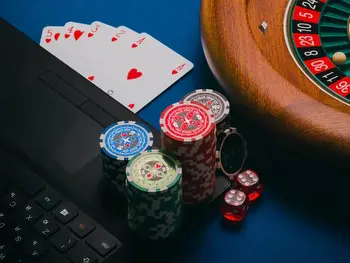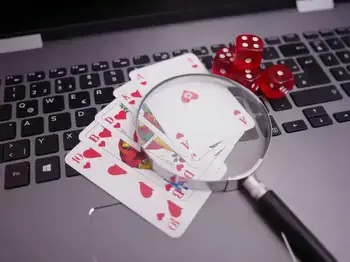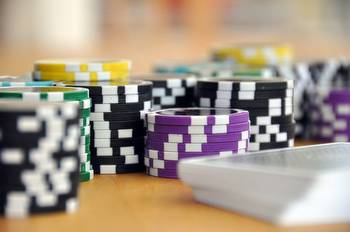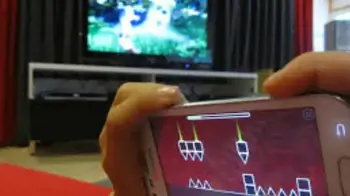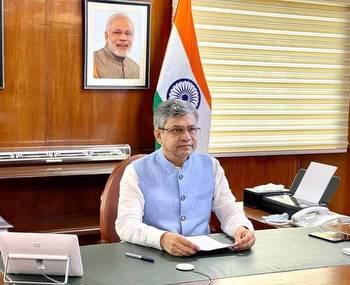How will gambling be identified and kept out of online games?
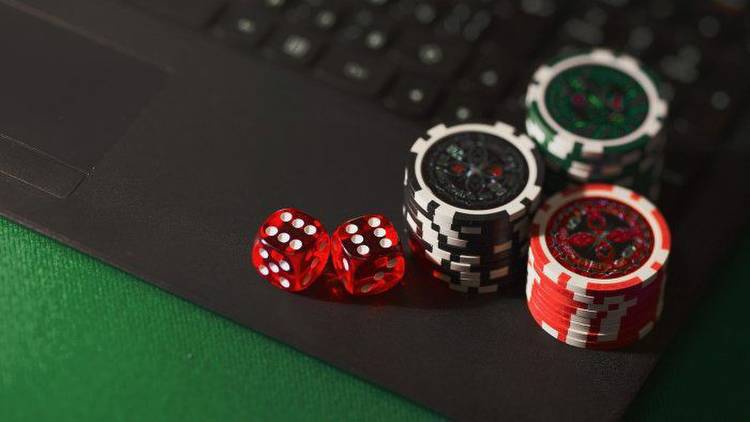
Making a departure from its earlier approach to online gaming, the Ministry of Electronics and and IT (MeitY), on Thursday, announced new regulations for online gaming, that would weed out the element of gambling or betting from the ecosystem. It has distinguished the game of skill from the game of chance, to prevent gamers from psychological harm and keep inappropriate or harmful games away from children, reduce gaming addiction, financial loss and financial fraud. The rules are expected to curb the proliferation of illegal offshore gambling sites. The ministry has also proposed setting up self-regulatory organisations/bodies (SROs/SRBs) to separate the grains from the chaff. In this edition of DH Deciphers,Lavpreet Kaur decodes how the distinction will be made and how it will impact the online gaming industry.
How can you differentiate between a game of skill and a game of chance?
The Supreme Court and multiple High Courts have given the definition for a game of skill, differentiating it from the game of chance. The distinction can be made by evaluating certain elements of the game in question.
A game of skill is based mainly on the mental or physical level of expertise of a player, rather than chance. The result, which is wholly certain, depends on the knowledge, training, experience and ability of the player.
Games of chance, such as gambling and betting, are those in which the element of chance dominates over the element of skill. The uncertainty increases in the absence of any skill being involved, but money is still wagered as consideration. It does not depend on a structured evaluation of the game.
Are real money games betting and gambling?
Real-Money Gaming (RMG) as a category is a business model where the players play the game for money and stand a chance to win more money than they put into the game. The gaming platform makes its revenue via a platform fee charging the user a flat commission based on the amount wagered by the user in that game.
Game of chance + money involved= betting and gambling (banned in most states)
Game of Skill + money involved = legitimate online skill games (which the IT rules will regulate now)
Both of the above are real money games. But in India, only skill-based real money games are allowed as per the Supreme Court and High Courts.
Examples of games of skill include chess, fantasy, rummy, poker, casual games requiring skills. On the other hand, examples of betting and gambling include teen patti, roulette, baccarat, lottery and lotto.
What do the new rules entail for online gaming entities?
The rules prescribe several obligations on online real-money gaming platforms. These include conducting a know-your-customer (KYC) procedure, similar to the one followed by entities regulated by the Reserve Bank of India, before accepting any cash deposits on the platform. They are also required to publish a physical contact address in India, on their website or application. That apart, the platforms will also need to appoint a chief compliance officer, a nodal contact person for coordination with law enforcement agencies as well as a resident grievance officer.
Who will populate the SRBs and which ministry oversees them?
Last December, the Ministry of Electronics and Information Technology (MeitY) was appointed as the nodal ministry for online gaming in India.
The proposed SRBs will include experts from the online gaming industry, educationists, psychologists, information and communications technology specialists and child rights’ organisations. They must also have onboard a person from public policy or administration or law enforcement, who will be nominated by MeitY.
According to legal experts that DH spoke to, MeitY will have constant oversight over SRBs.
How will the SRBs certify games of skill?
SRBs will use qualitative and quantitative tests using statistics to verify each real money game. Only when the tests prove that these are games of skill, will they be legally allowed. The Supreme Court has stipulated a subjective or qualitative test, where they have enumerated certain skills which, if present predominantly, make for a game of skill
On the other hand, there are statistical or quantitative tests including probability calculation where a more skilled player will have a higher probability of winning over a lesser-skilled player. This can be shown either by real player data or by running simulations.
So both these tests when applied together will help to determine which games are skill-based and which ones are games of chance.
What are the legal consequences of indulging in games of chance?
Real money games of chance will be punished under respective state legislations, where they are considered a criminal offence. For example Maharashtra Public Gambling Act.









![[The Viewpoint] Online Gaming to follow New IT Rules](/img/di/the-viewpoint-online-gaming-to-follow-new-it-rules-1.jpg)






